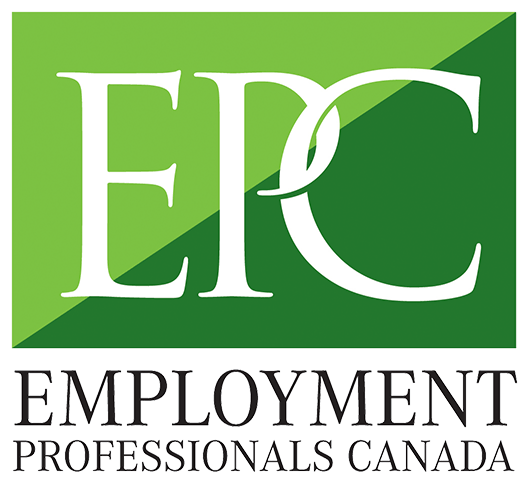There is nothing easy about trying to land a job. For some, the process can take weeks or months, and this period is usually filled with frustration, disappointment and stress. It is for these reasons we often see job seekers, in an effort to shorten their search or improve their chances, decide to distort, exaggerate, falsify and in some cases, invent skills, training, experience and education on their resumes. If someone hasn’t already, allow us to be the first to tell you this is a terrible idea.
We currently live in an age where access to information has never been greater, which means employers don’t have to work too hard to find out what is true on your resume and what is not.
So, what are some of the most common things people lie about on their resume, and better still, what are some of the things you can put down that will help you get the job?
The Most Common Lies
- Employment Dates – Nobody likes to have gaps in their employment history; however, fabricating the time you work for a company is never wise. A quick reference check from a past employer can easily reveal the truth and leave you still on the job market.
- Education – While most people have little white lies on their resumes, you may be surprised to learn people also lie about their education, even making up credentials they simply don’t have. Just be prepared if the hiring manager calls you out and asks for certificates, at which point you’ll likely be forced to continue your job search.
- Skills – The whole point of a resume is to showcase your skill set in a way that relates to the job you are applying for. However, if your resume states you fluently speak French and you have four years of graphic design experience when in reality, you couldn’t conjugate a verb or even send an email with an attachment, you are treading on thin ice, especially if part of the application process involves a skill test. Just remember, while having a job would be nice, wasting everybody’s time, including your own, isn’t.
- References – Typically, a reference check is usually just an email or a phone call, which is why so many job applicants think they can fake one. However, hiring managers are aware of this and will often search for the company’s main number and enquire as to whether the reference in question even works there. Needless to say, this won’t get you far.
What You Can Do
- Omitting Bad Work Experiences – Most people have had a bad job before, one they weren’t good at, or even one where they didn’t get along with their boss. And when these happen, it is perfectly alright to leave these off your resume, as long as you don’t lie about other things to fill in the gaps.
- “I get along with everybody” – In reality, nobody likes everybody; however, there is nothing wrong with saying this to a potential employer as it will certainly frame you in a better light when they are confident you are easy to get along with.
- Skills You Can Learn – Do you know Excel, but haven’t used it in years? If so, we suggest putting it down on your resume and making a point to brush up prior to. Just because you are a little rusty in something, doesn’t mean it isn’t a great thing to put on your resume.
Trying to find a job can be a scary prospect, but you needn’t go it alone. At Employment Professionals Canada, we work tirelessly to align the right candidate with the right position. Contact us today and learn how we can start working for you.

